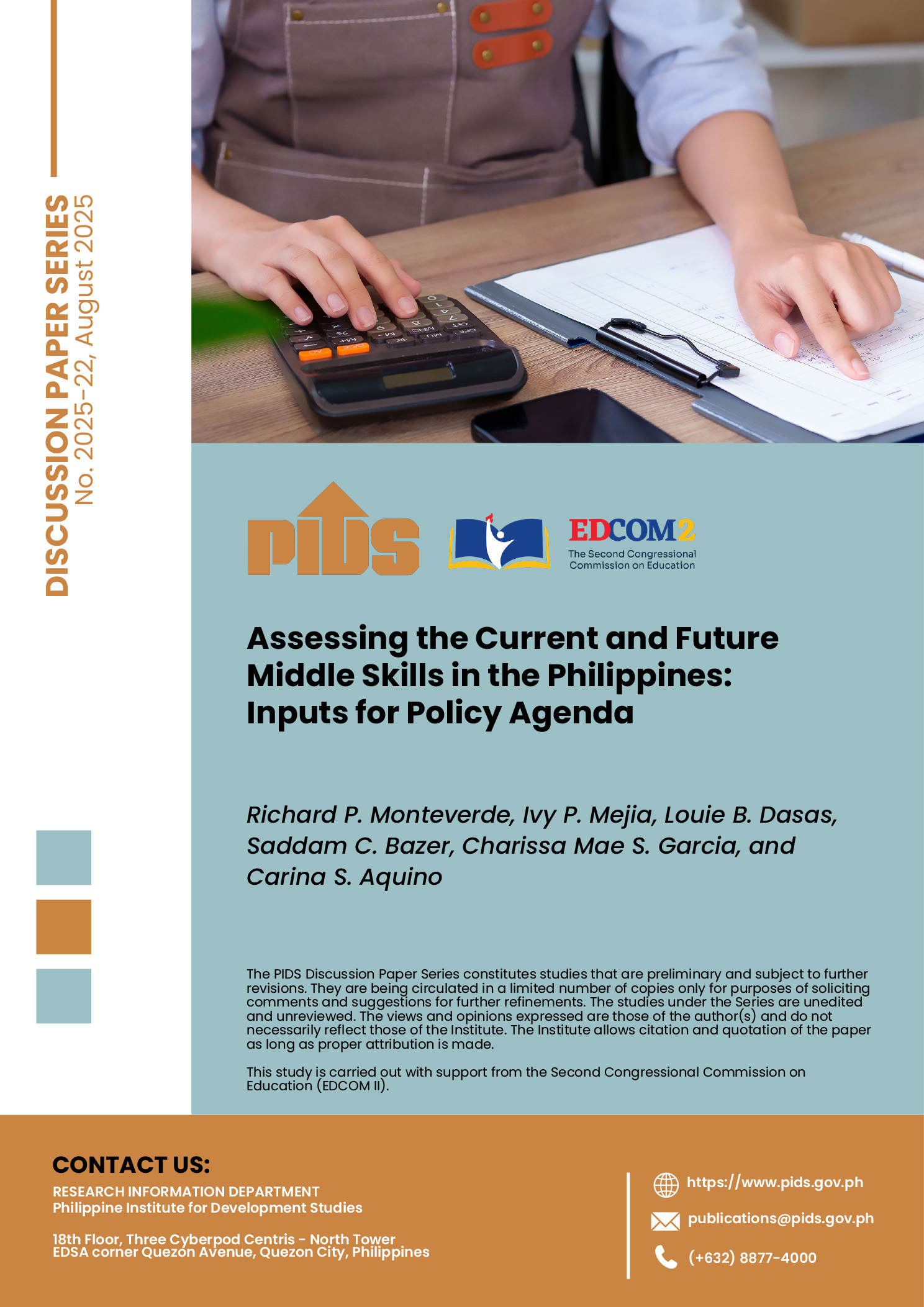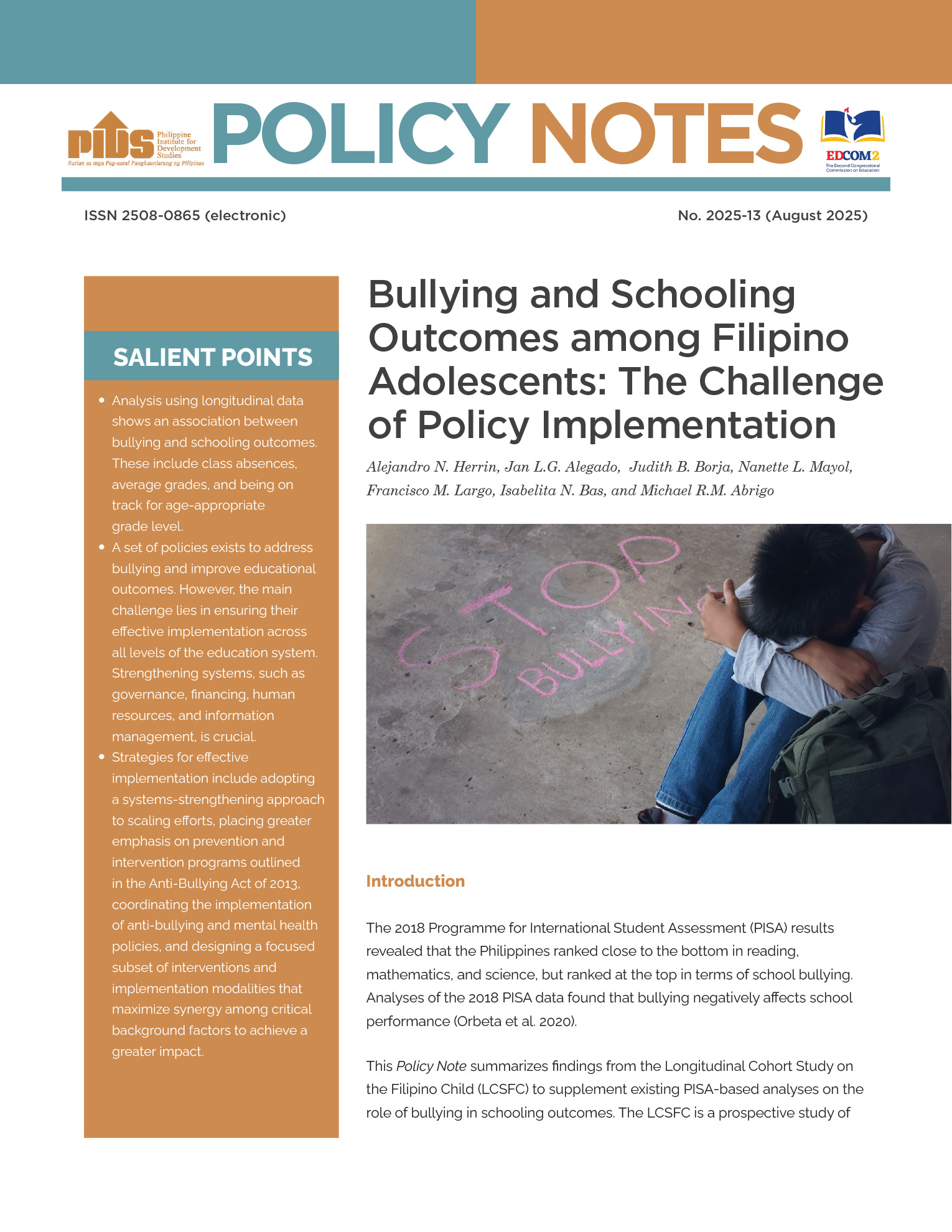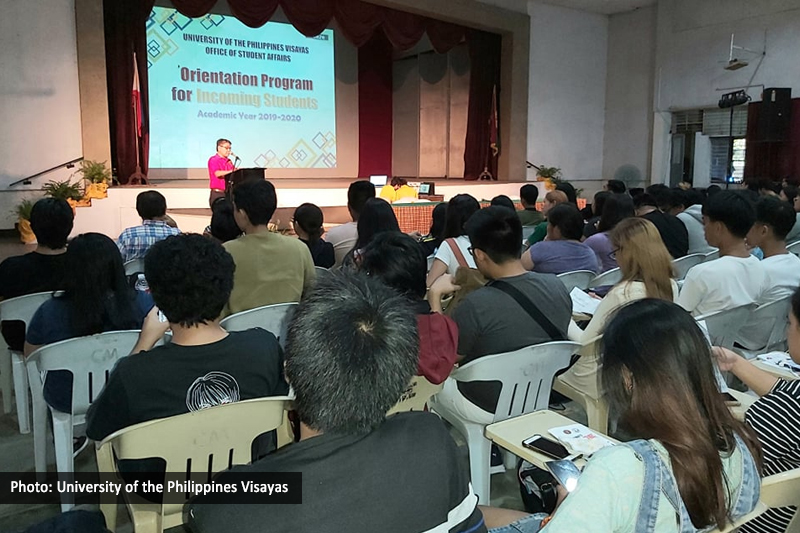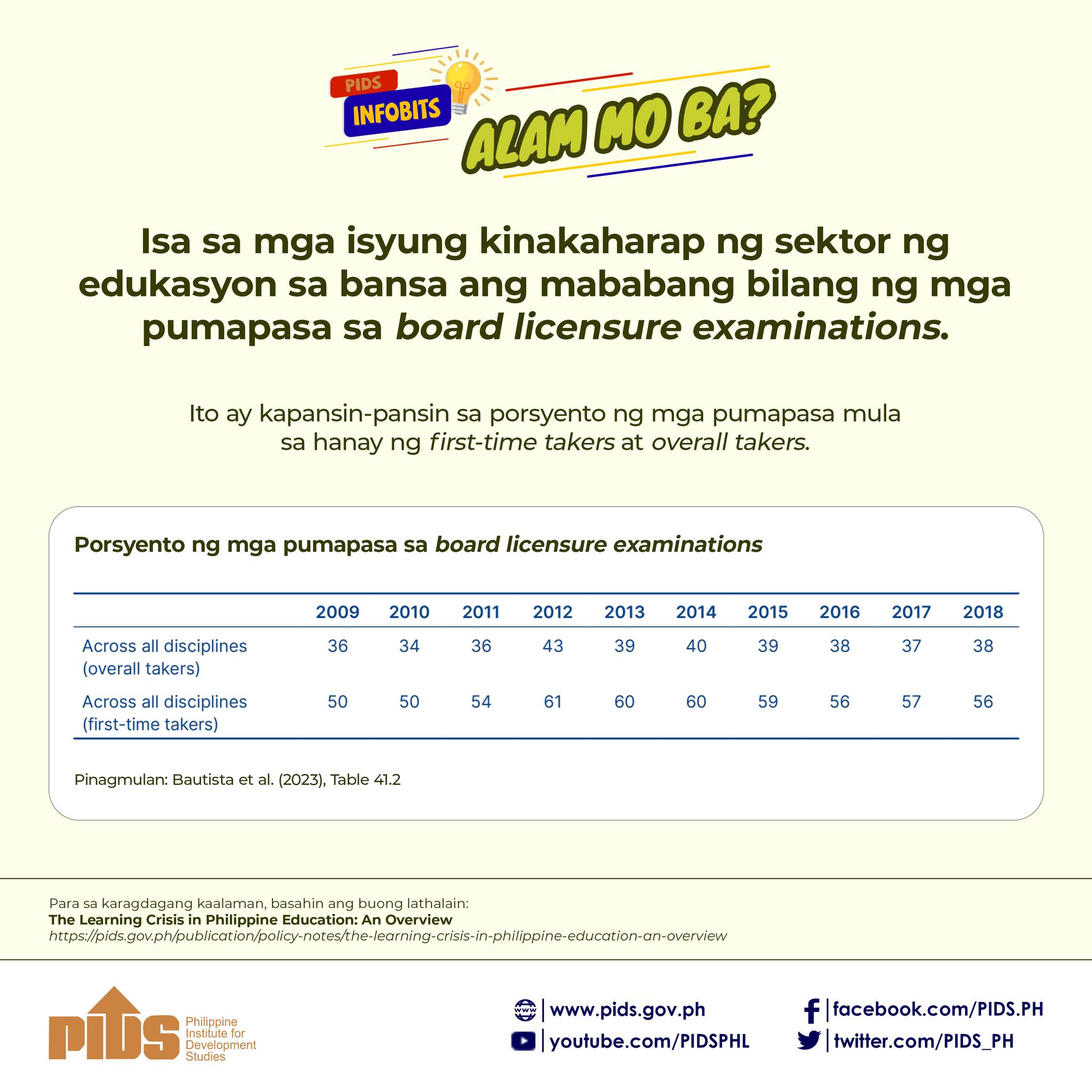MANILA, Philippines — More Filipino college students are seeking out opportunities to learn new skills to get a headstart on their careers and become more competitive in the job market, according to a survey conducted by an educational technology company on higher education.
According to the “2023 State Of Student Success & Engagement in Higher Education” report by Instructure (creator of the Canvas learning management platform), most Filipino students surveyed said they wanted to find skill-based opportunities out of a desire to learn new skills (77%), to have career advancement (68%) and enjoy program flexibility (59%).
These findings indicate that students in the country are “seeking ways to stand out from other job applicants,” the study stated.
“They aim to acquire a broad range of skills and knowledge that will enable them to excel in their chosen fields and progress in their careers, while also improving their job prospects,” the report added.
Filipino college students are also most likely to go for certificates (43%) and apprenticeships (39%) among other skills-based opportunities, according to the survey, which had nearly 600 respondents from the Philippines who were mostly students but also included educators.
“This shift highlights the importance of adaptability in educational institutions to offer micro-credentials and programs that align with the expectations of students and employers,” said Harrison Kelly, managing director at Instructure Asia Pacific.
Microcredentials are short-term educational programs that focus on developing specific skills or competencies in a particular subject area. Unlike traditional degree programs that require several years of study, microcredentials are designed to be completed in a relatively short period, often weeks or months.
A study by the Philippine Institute for Development Studies in 2020 found that those enrolling in technical vocatoin courses do so primarily to learn new skills, unlike the previous pattern observed in 2012 where graduates identified employment as their main motivation for enrollment.
Use of tech
The study also showed that most Filipino college students believed that their success in class depended on the availability of technology (63%). However, a similar number of students (61%) and educators identified the cost of technology as their main roadblock to using education technology.
Beyond technology, socioeconomic factors like household income (53%) and psychological well-being (46%) also significantly influence student engagement and faculty support, the study found.
The survey also showed relatively lax restrictions on AI use in education even as a majority of students already use it to create outputs for class.
While 46% of students noted the introduction of light guidelines on generative AI use, only 28% said they had to adhere to strict guidelines.
Meanwhile, educators found generative AI helpful for content creation (62%), research and writing (56%), and personalized learning (53%), while students said they primarily use it for research and writing (83%), test preparation (52%), and language learning (47%).












